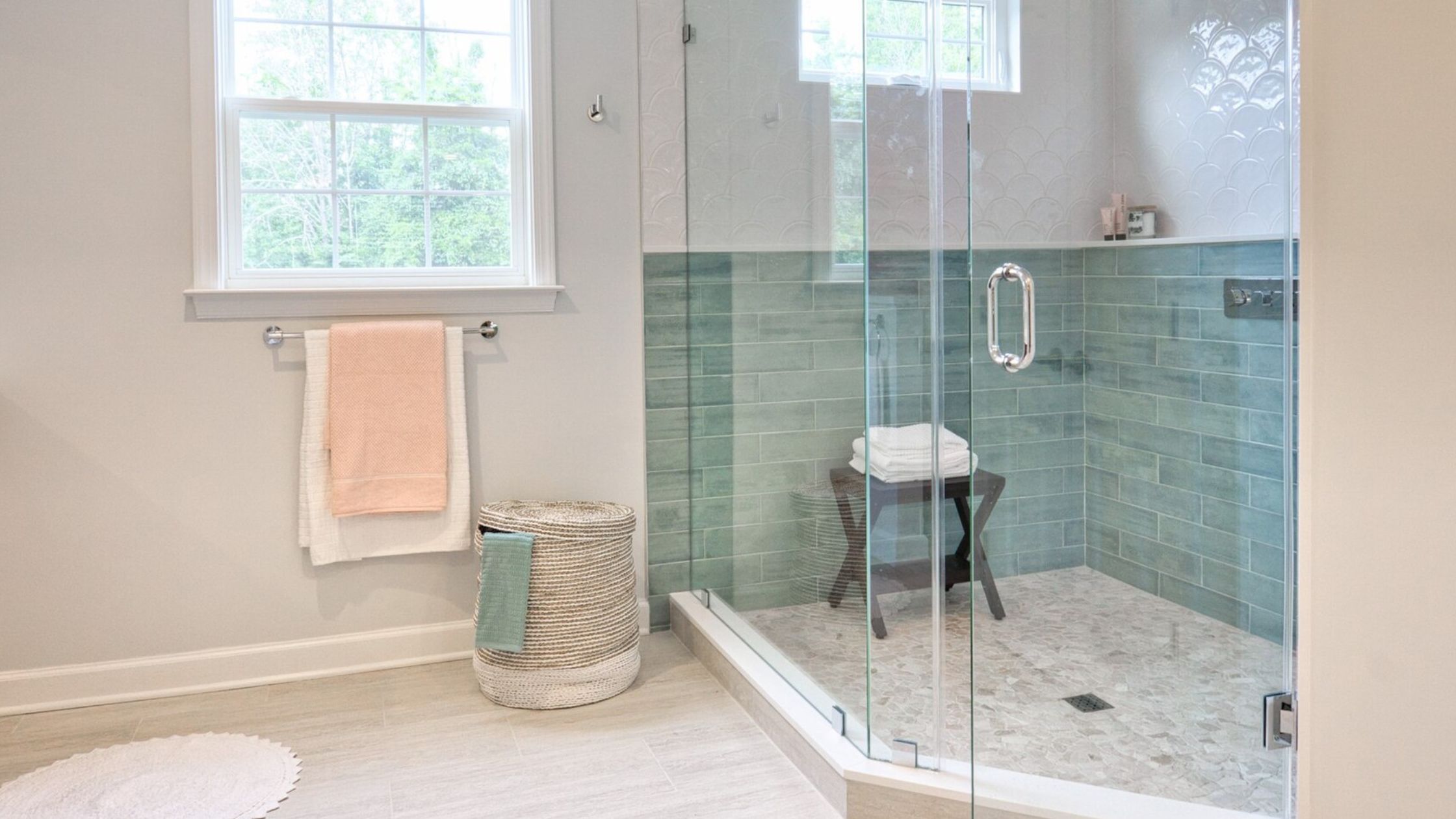Transitioning from Childhood into Adulthood
Embarking on the journey from childhood to adulthood is a transformative period for everyone. For wheelchair users, this transition often involves unique challenges and considerations, particularly in the realms of education, employment, housing, social interactions, health, finance, and legal matters. This comprehensive guide aims to illuminate the path to independent living for wheelchair users in the UK, offering practical advice and resources to navigate each of these vital areas.
Education: Laying the Foundations for Independence
The pursuit of education is a critical step towards empowerment and independence. For wheelchair users, it’s crucial to find educational institutions that not only provide accessible facilities but also offer inclusive learning environments. In the UK, numerous universities and colleges have made significant strides in accommodating students with disabilities, from physical adaptations to personalised support services. It’s essential to research and reach out to disability support teams at prospective institutions to understand the specific resources available.
Employment: Stepping into the Workforce
Entering the workforce is a major milestone in the journey to independence. The UK has made considerable progress in promoting inclusivity in employment, with laws in place to prevent discrimination based on disability. Wheelchair users should seek employers who not only comply with these laws but also actively embrace diversity. Job seekers can utilise resources like Disability Confident employers and Access to Work grants, which can help with workplace adaptations or travel costs related to their disability.
Housing – Creating a Comfortable and Accessible Home
Securing suitable housing is a vital aspect of independent living. In the UK, various options cater to the specific needs of wheelchair users, including custom-built accessible homes and modifications to existing properties. It’s important to consider the proximity to essential services and the availability of support if needed. Additionally, many areas offer respite care options, providing temporary relief for both individuals and caregivers.
Friendships and Relationships – Building a Supportive Network
Social connections play a significant role in the transition to independent living. For wheelchair users, fostering friendships and relationships can sometimes require extra effort, especially in overcoming accessibility barriers. Engaging in community groups, online platforms, and accessible social events can open doors to meaningful connections. It’s also crucial to advocate for accessibility in social venues to ensure inclusive participation.
Health – Prioritising Wellbeing
Managing health is paramount for wheelchair users aspiring to live independently. This encompasses not only physical health but also mental well-being. Access to healthcare professionals who understand the specific needs of wheelchair users is essential. In the UK, the NHS provides various support services, and there are numerous disability-focused health initiatives and charities offering specialised assistance.
Finance and Benefits – Navigating Economic Independence
Financial independence is a key component of living independently. In the UK, wheelchair users have access to a range of benefits and financial support systems designed to assist with the additional costs of living with a disability. It’s important to understand the eligibility criteria for benefits like Personal Independence Payment (PIP) and Employment and Support Allowance (ESA), as well as how to manage personal finances effectively.
Legal – Understanding Rights and Advocacies
Being well-versed in legal rights is crucial for wheelchair users in the UK. This includes understanding anti-discrimination laws, housing rights, and employment laws. Various organisations provide legal advice and advocacy services to assist in navigating these legal landscapes, ensuring that the rights of wheelchair users are protected and upheld.
Transport and Travel – Exploring with Confidence
Transport and travel represent significant aspects of independent living. The UK has made strides in making public transportation more accessible for wheelchair users. It’s vital to be aware of the available resources and rights related to transport, including concessionary travel schemes and the Blue Badge parking permit. Additionally, planning and researching accessibility options when travelling can lead to more enjoyable and stress-free experiences.
Discover More About Independent Living Bathrooms
The transition from childhood to adulthood for wheelchair users involves navigating a unique set of challenges. By addressing key areas such as education, employment, housing, social connections, health, finance, legal issues, and transport, this guide aims to empower wheelchair users in the UK on their journey towards independent living. With the right resources, support, and determination, wheelchair users can lead fulfilling and autonomous lives, contributing richly to the tapestry of society.
Aylesbury Mastercare is committed to enriching the lives of those seeking independence in their daily routines. Our range of accessible bathroom products and designs caters to various needs, ensuring safety, comfort, and style.
These Articles May Also Interest You:
Building an Accessible Home: A Comprehensive Guide by ABC Mastercare
Bathroom Safety: Getting In and Out Of Your Bath Safely
Inclusive Bathroom Design on a Budget: Practical Tips for Affordable Accessibility
Our Accessible Bathroom Design Service
Aylesbury Mastercare offers a bathroom design service that provides expert advice and personalised solutions. Our skilled team is experienced in creating bathrooms that meet specific needs. We provide a no-obligation design with a 2D floor plan and a personalised shopping list.
Join us on this journey to create your ideal Independent Living bathroom. Contact Aylesbury Mastercare today to transform your vision into a beautiful, functional reality.




